Astronomy & Space Science
-
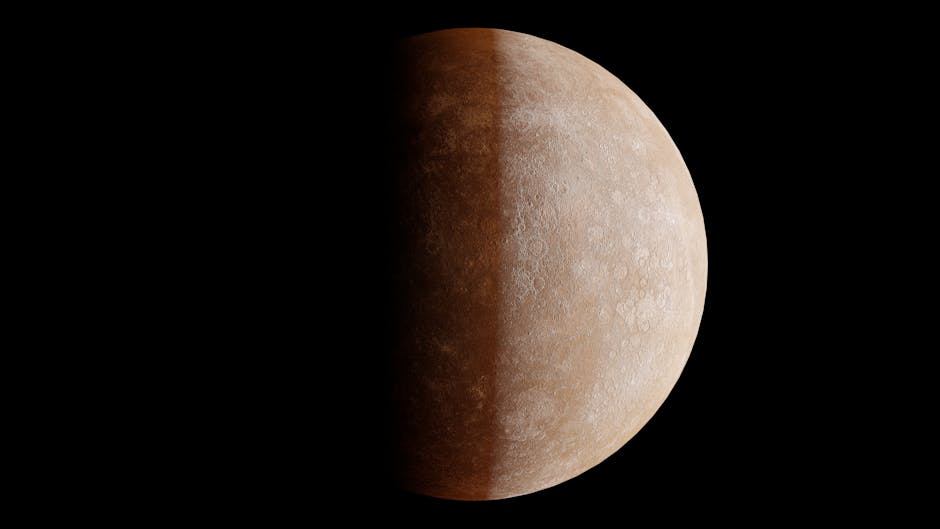
Which celestial objects are most likely to harbor life?
Exoplanets orbiting within the habitable zones of their host stars represent the most compelling candidates. A habitable zone, also known as the “Goldilocks zone,” is the region around a star…
-
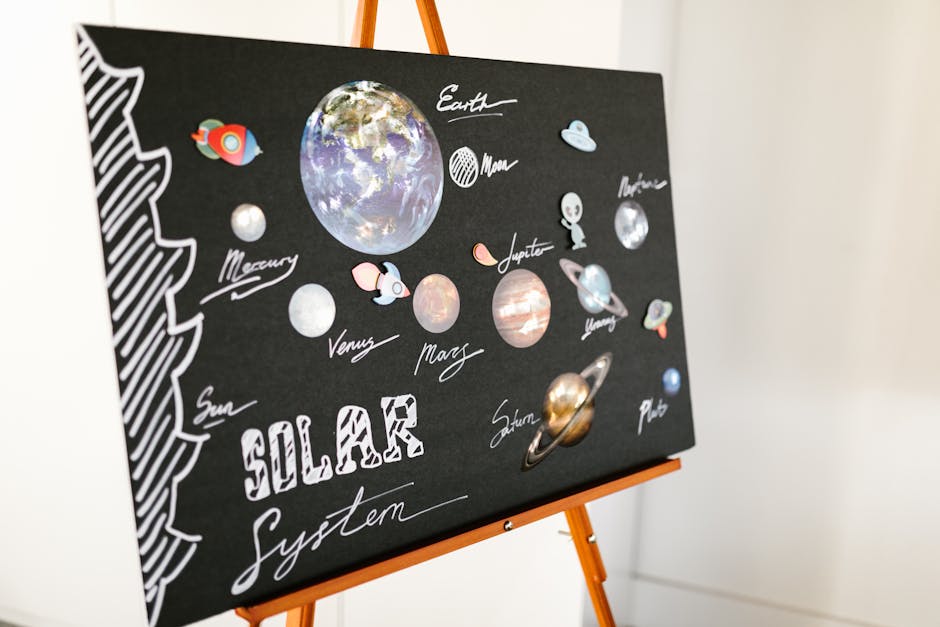
Does time behave differently in space?
Gravitational time dilation, a central prediction of General Relativity, describes how time slows down in stronger gravitational fields. This effect arises from the curvature of spacetime caused by massive objects.…
-
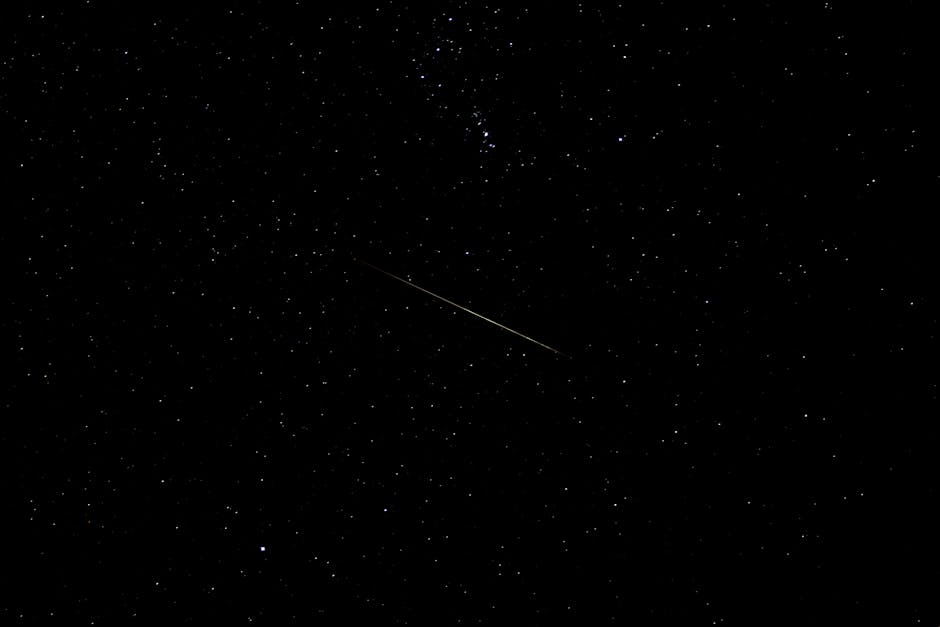
What is the ultimate fate of the universe?
The universe’s ultimate fate is inextricably linked to its expansion rate. Measurements from distant supernovae and the cosmic microwave background radiation indicate that this expansion is not only occurring but…
-
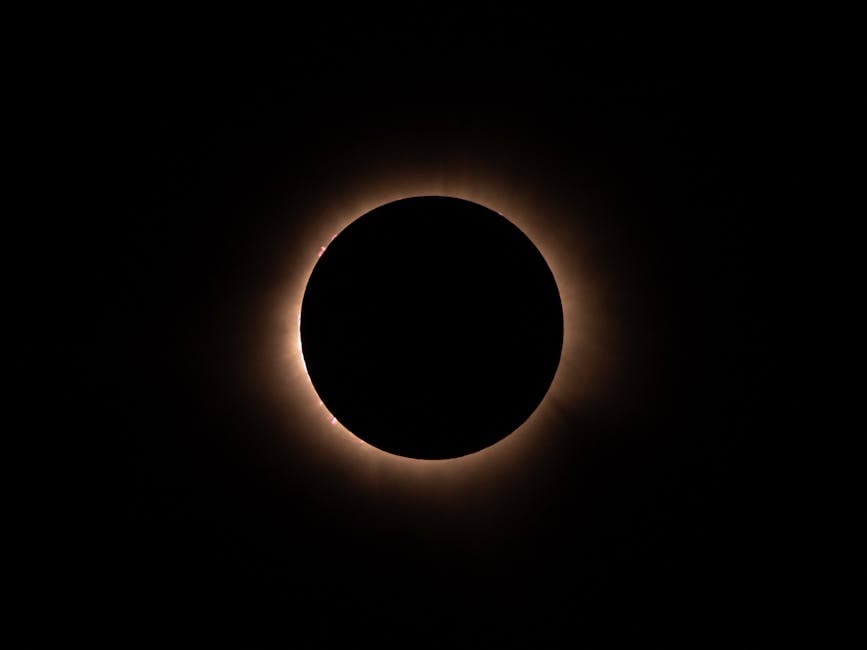
How do black holes affect their surroundings?
A primary mechanism by which black holes affect their surroundings is accretion. As matter gas, dust, and even stars ventures too close to a black hole’s immense gravitational pull, it…
-
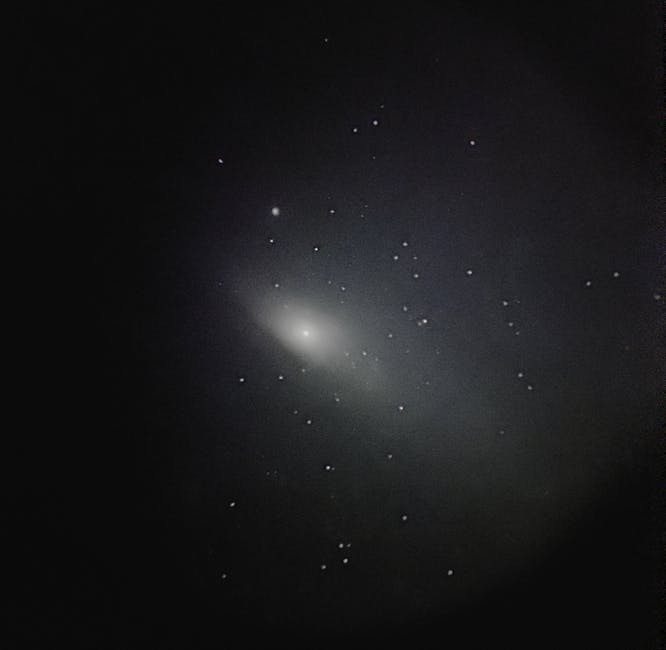
Are there planets orbiting other stars?
For millennia, humanity gazed at the night sky, contemplating the possibility of other worlds. Our own solar system, with its familiar planets, seemed unique, a cosmic island in an ocean…
-
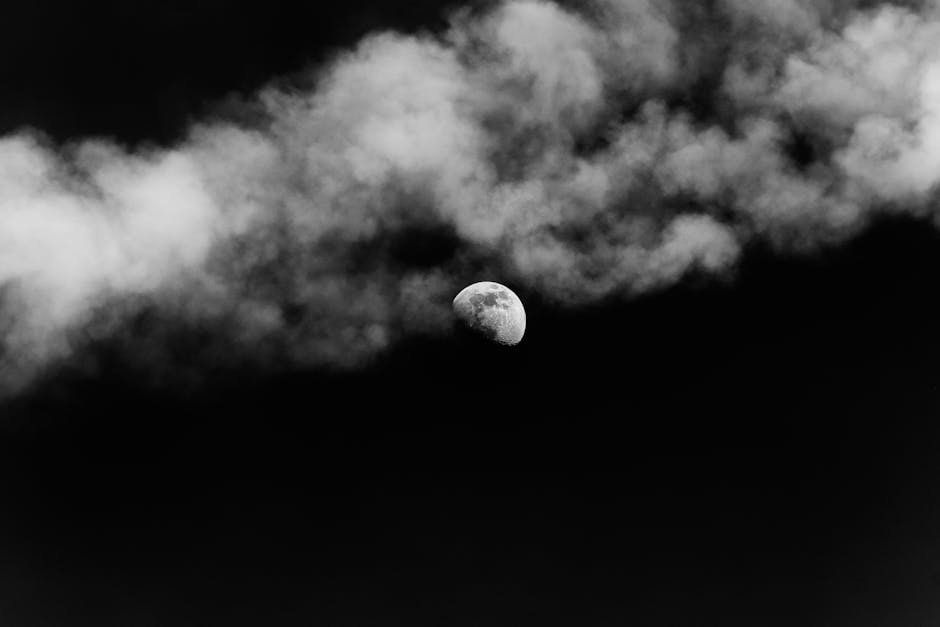
Why is dark matter so mysterious?
Our understanding of the cosmos rests upon a seemingly solid foundation of observed phenomena and well-tested theories. Yet, lurking beneath the surface of this understanding lies a profound puzzle: dark…
-
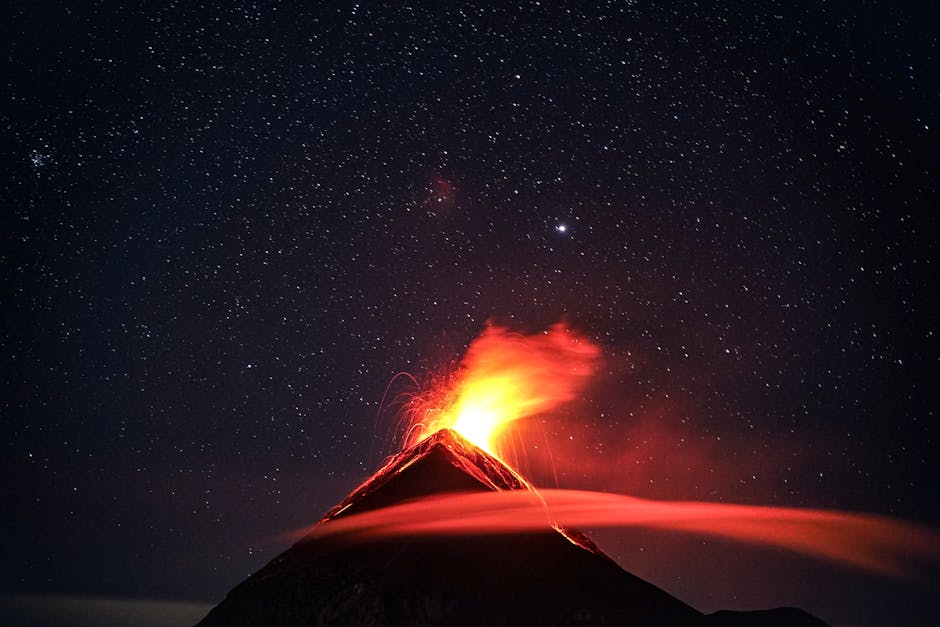
What are the different types of galaxies?
Our universe is a vast expanse, teeming with billions upon billions of galaxies, each a breathtaking island universe containing billions of stars, gas, dust, and dark matter. Understanding the diverse…
-

How do stars form and evolve over time?
Stellar birth begins within vast, cold molecular clouds regions of space teeming with hydrogen, helium, and trace amounts of heavier elements. These clouds, often light-years across, are relatively dense compared…